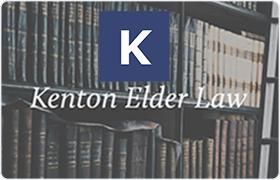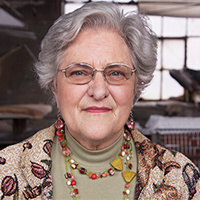Burgin Estate Lawyer, Kentucky
Sponsored Law Firm
-
 x
x

Click For More Info:
-
Kenton Elder Law
713 College Rd Paris, KY 40361» view mapEstate Law Helping Generation After Generation
Kenton Elder Law works with families to ensure smooth financial transitions and long term care arrangements as older adults move into later stages of life.
800-932-7301
Caleb Lenn Bottoms
Commercial Real Estate, Federal Appellate Practice, Estate Planning
Status: In Good Standing
Nolan Spencer Weddle
Dispute Resolution, Trusts, Transactions, Legal Malpractice
Status: In Good Standing Licensed: 7 Years
Aneela Bux
Divorce, Personal Injury, Family Law, Trusts, Immigration
Status: In Good Standing Licensed: 9 Years
 Carolyn Kenton Paris, KY
Carolyn Kenton Paris, KY Practice AreasExpertise
Practice AreasExpertise
